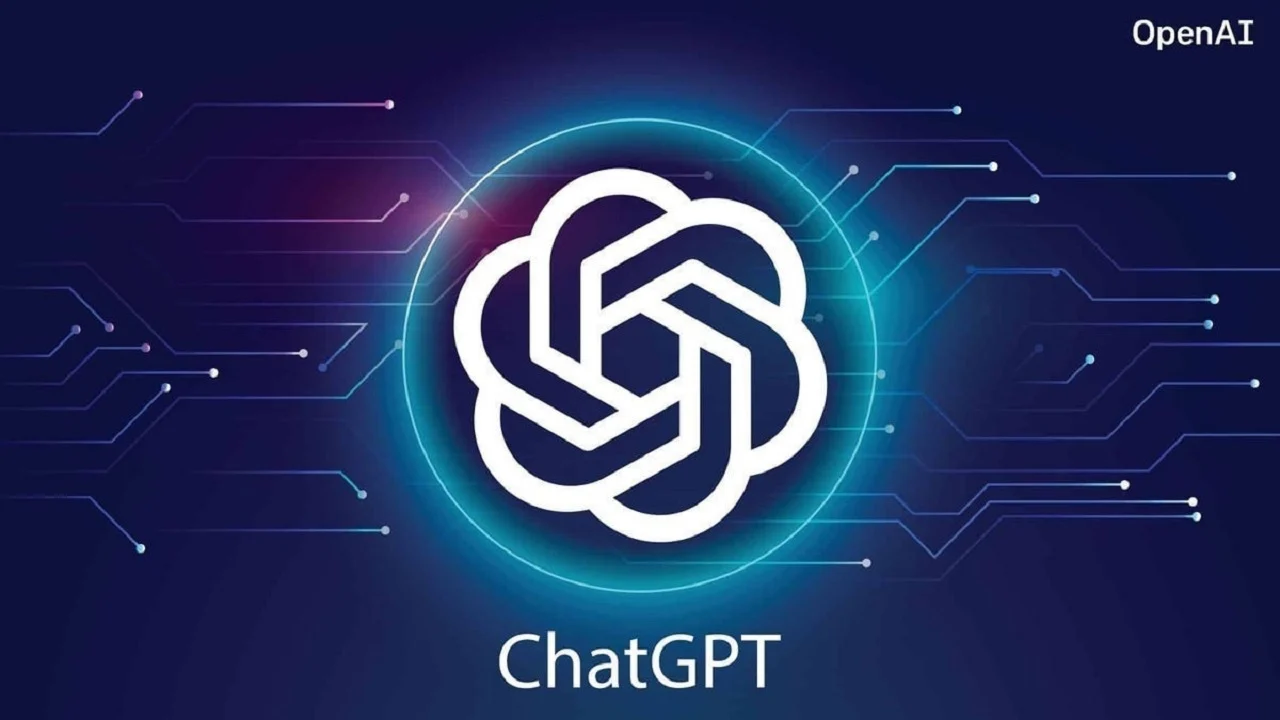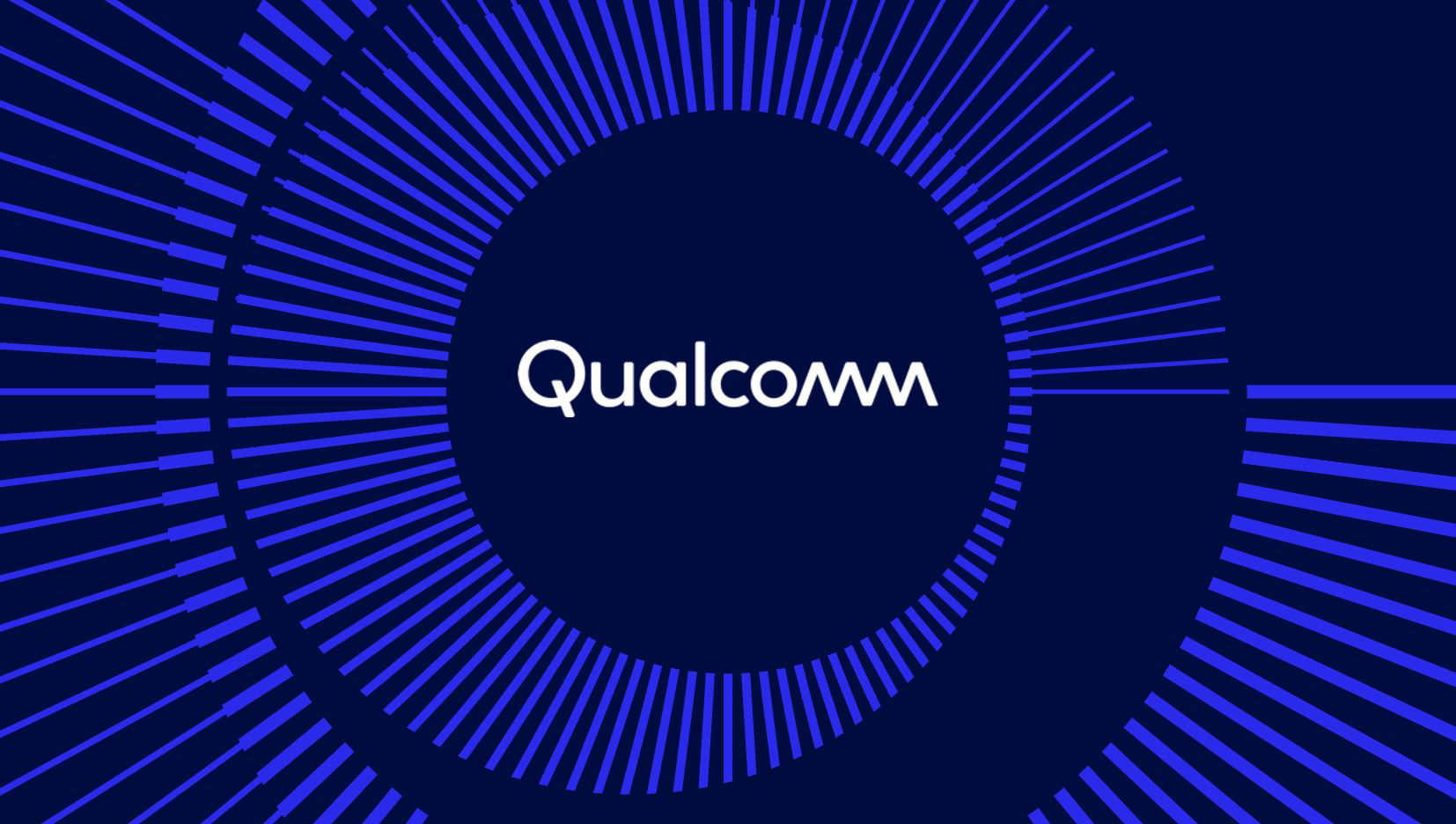In today’s AI-driven world, tools like ChatGPT by OpenAI have become deeply integrated into daily life—making tasks easier, faster, and more efficient. As AI continues to evolve, OpenAI has rolled out several enhancements, with one of the most impactful being its Deep Research tool.
Deep Research Now for Everyone
Initially reserved for ChatGPT Pro users, Deep Research is now available to Plus, Team, and even Free users. A new lightweight version, powered by the o4-mini model, ensures broader access without compromising quality.
Built directly into ChatGPT, Deep Research leverages OpenAI’s o3 model to generate in-depth reports and insights within minutes. Whether for market analysis, literature reviews, personal decision-making, or even lifestyle planning—users are finding creative ways to utilize this powerful tool.
Smart and Efficient
The new lightweight version provides intelligent, concise answers that maintain the depth and clarity of the full version. It is more cost-effective and designed to reach a wider audience. OpenAI emphasizes that the value of insights remains high, even in this lighter format.
READ MORE: Pakistan Moves to Establish Provincial Cybersecurity Response Teams
Usage Limits by Plan
OpenAI has set usage caps based on user subscription levels:
-
Free users: 5 tasks/month (lightweight only)
-
Plus & Team users: 10 full-version tasks + 15 lightweight tasks/month
-
Pro users: 125 full-version tasks + 125 lightweight tasks/month
-
Enterprise users: 10 full-version tasks/month
If users exhaust their full-version quota, ChatGPT will automatically switch to the lightweight mode—ensuring uninterrupted service.
Coming Soon to Enterprise and EDU
Next week, Enterprise and EDU users will also gain access to Deep Research, aligning with OpenAI’s mission to make high-quality research more accessible and efficient for all.
A Word of Caution
While AI offers undeniable benefits, overreliance on tools like ChatGPT could negatively affect critical thinking, creativity, and writing skills. When users delegate too much to AI, they may stop engaging deeply with content, potentially harming communication and learning. OpenAI’s tools should be used mindfully, as support—not a substitute—for human insight and expression.




